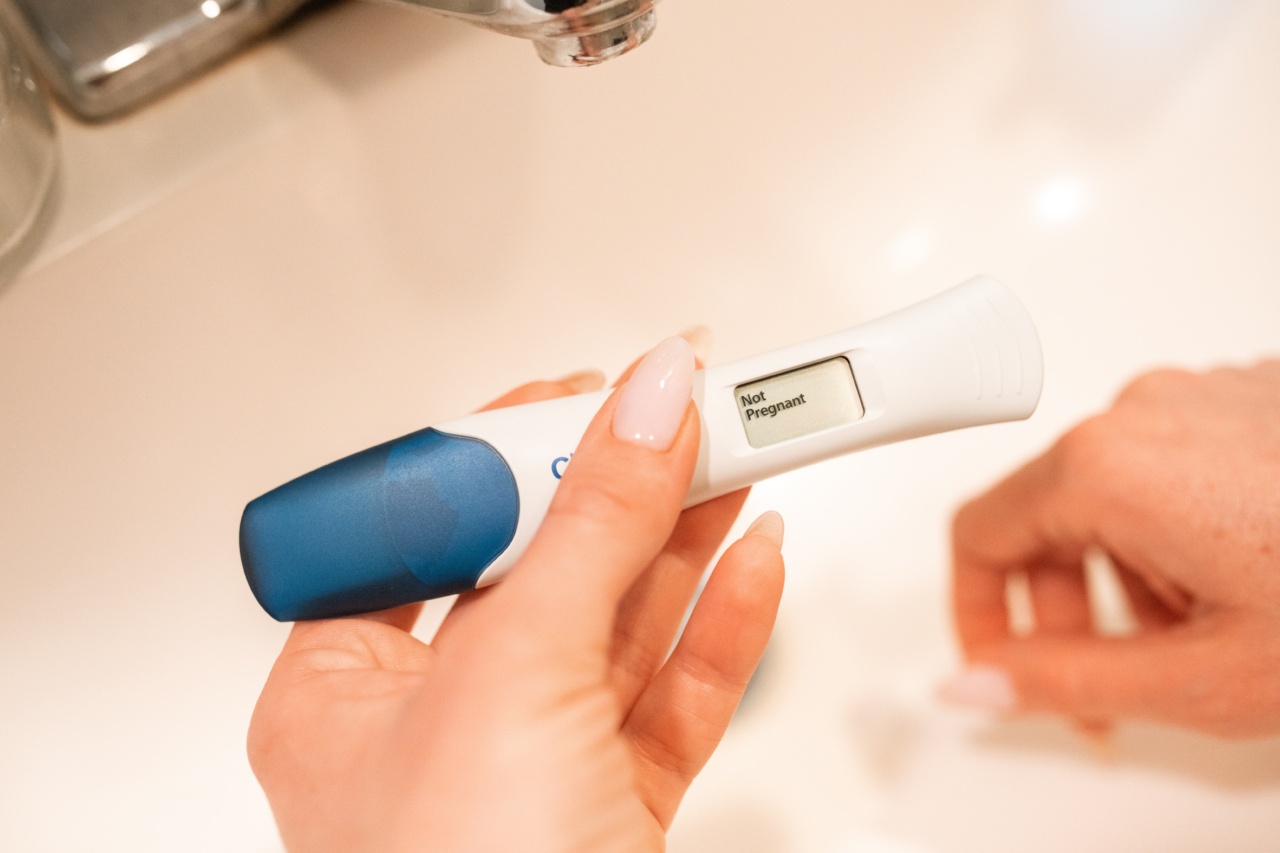There are many old wives’ tales and myths surrounding the prediction of a baby’s gender. Some people believe that a mother’s blood pressure could be an indicator of whether she is carrying a boy or a girl.
But how much truth is there to this claim? In this article, we will dive into the research and scientific evidence to determine just how accurate a mother’s blood pressure is in predicting the gender of her baby.
The Role of Blood Pressure during Pregnancy
Blood pressure is a crucial aspect of a woman’s overall health during pregnancy. It measures the force of blood against the walls of the arteries as the heart pumps it around the body.
During pregnancy, blood pressure undergoes several changes due to the increased workload on the heart and changes in the hormonal balance.
High blood pressure, also known as hypertension, is a common condition during pregnancy and can have adverse effects on both the mother and the baby. It can lead to complications such as preeclampsia, preterm birth, and low birth weight.
On the other hand, low blood pressure can also cause complications and impact the baby’s growth and development.
The Old Wives’ Tale: High Blood Pressure and Baby’s Gender
One popular belief is that high blood pressure is associated with carrying a baby boy while low blood pressure indicates a baby girl. This theory is often based on anecdotal evidence and has been passed down through generations.
However, when it comes to scientific evidence, the picture is quite different.
Scientific Research and Studies
Multiple scientific studies have been conducted to investigate the link between a mother’s blood pressure and the baby’s gender. These studies aimed to determine whether there is any significant correlation or predictive value.
A study published in the Journal of Obstetrics and Gynaecology in 2010 analyzed blood pressure measurements of over 2,400 pregnant women. The researchers found no association between blood pressure levels and the gender of the baby.
Another study published in the Journal of Obstetric, Gynecologic, & Neonatal Nursing in 2017 reached a similar conclusion after examining the medical records of more than 8,800 pregnant women.
More recently, a study published in the Journal of Hypertension in 2020 examined the blood pressure measurements of over 4,500 pregnant women. The researchers found no significant relationship between blood pressure levels and the gender of the baby.
Factors Affecting Blood Pressure during Pregnancy
While blood pressure does not have predictive value for the baby’s gender, it is essential to understand the factors that can influence blood pressure during pregnancy. These factors include:.
1. Gestational Age
As pregnancy progresses, blood pressure can change. It is normal for blood pressure to increase slightly as the due date approaches. However, a sudden and significant increase could be a sign of preeclampsia or other complications.
2. Maternal Health
A mother’s overall health and pre-existing conditions can impact blood pressure during pregnancy.
Women with pre-existing hypertension are more likely to experience high blood pressure during pregnancy compared to those without any pre-existing conditions.
3. Weight and Body Mass Index (BMI)
Excess weight and higher BMI can contribute to higher blood pressure levels during pregnancy. It is essential for pregnant women to maintain a healthy weight to reduce the risk of developing hypertension.
4. Stress and Anxiety
High levels of stress and anxiety can affect blood pressure. Pregnant women should focus on stress management techniques and seek support if needed to maintain healthy blood pressure levels.
Conclusion: Blood Pressure and Baby’s Gender
Based on scientific research and studies, there is no significant correlation between a mother’s blood pressure and the gender of her baby.
The popular belief that high blood pressure indicates a baby boy while low blood pressure suggests a baby girl is merely an old wives’ tale with no scientific evidence to support it.
While blood pressure does not predict the baby’s gender, it remains a crucial aspect of pregnancy healthcare. Pregnant women should monitor their blood pressure regularly and consult healthcare professionals if any changes or abnormalities occur.





























